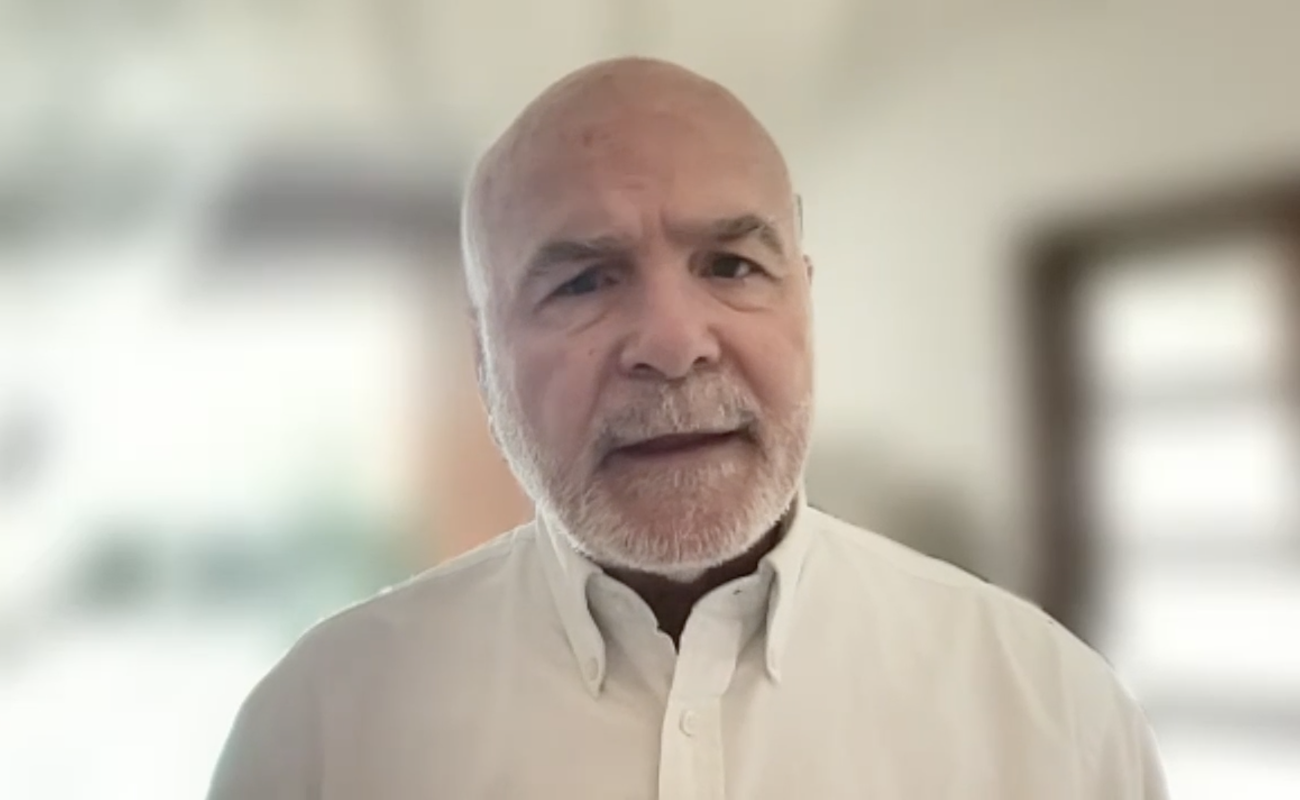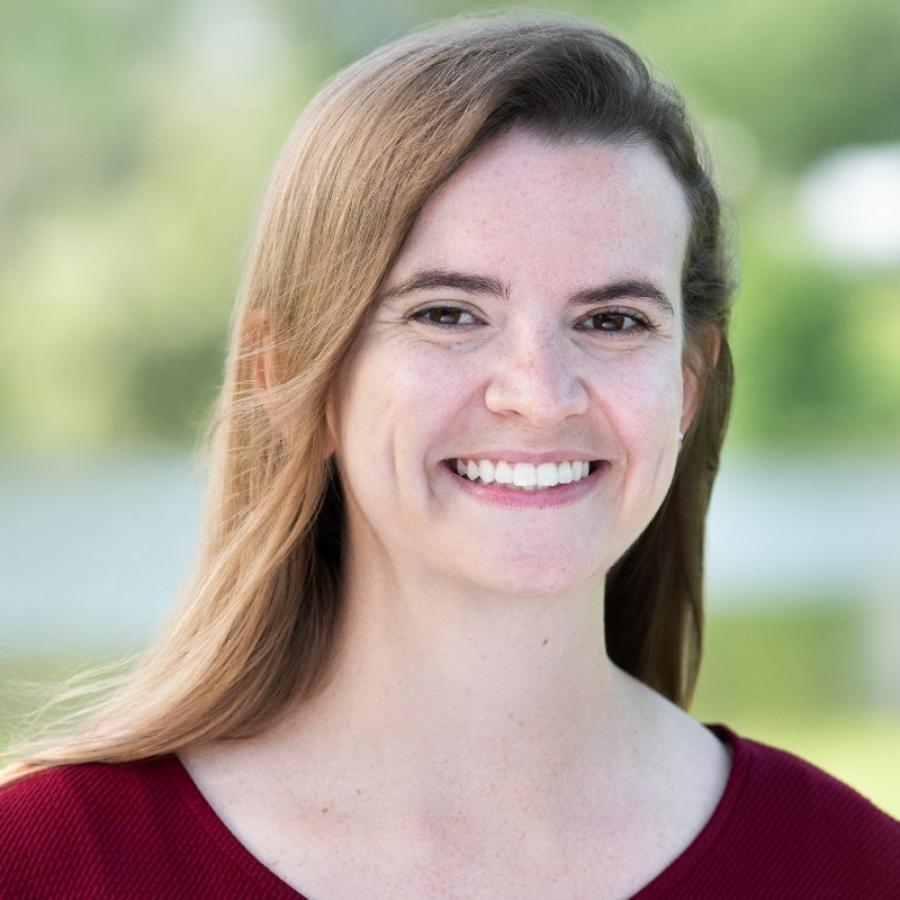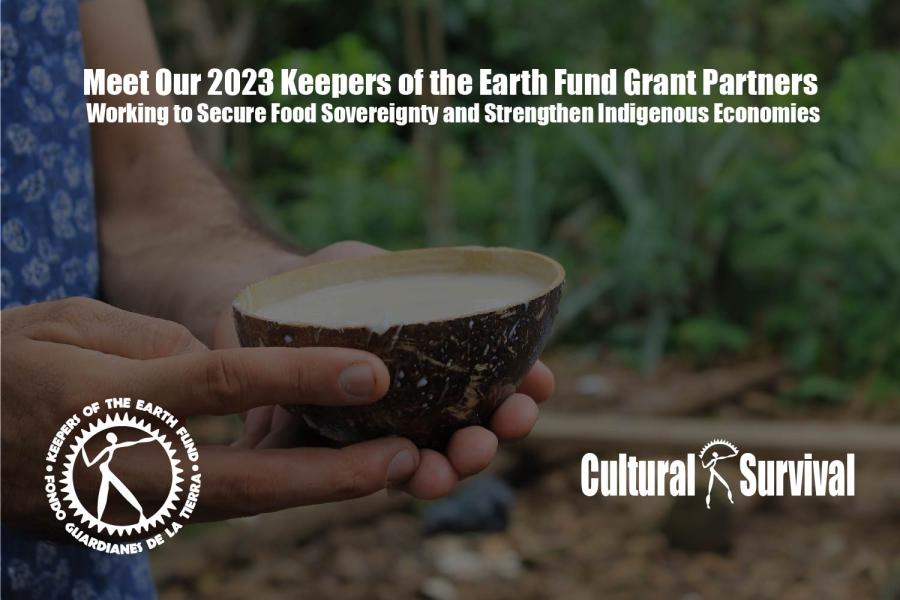
Cultural Survival interviewed Michel Forst, the first person to hold the mandate of UN Special Rapporteur on Environmental Defenders, which is the first international mechanism in the world dedicated to protecting environmental defenders. Rapporteur Forst’s term began in June 2022.
Indigenous Rights Radio producer Dev Kumar Sunuwar (Koĩts-Sunuwar) spoke with the rapporteur in July 2023. What follows is information directly from Rapporteur Forst about his role and jurisdiction, which we hope will be practical for environmental defenders who could benefit from his support.
The Special Rapporteur’s Mandate
The Special Rapporteur on Environmental Defenders’ mandate arises from the need to have specific protection for environmental defenders, who are the most at risk among all human rights defenders. The most common threat entails foreign companies investing in their territories and trying to take over their land, targeting families and defenders. If they protest, they face threats not only by companies but also by security companies, illegal actors, and governments in collusion with perpetrators.
Twenty-five years ago the Aarhus Convention was established based on three pillars: access to environmental information, access to public participation, and access to justice, also known as access rights. The Aarhus Convention also established a Compliance Committee which receives complaints and, two years ago, it established the mandate of Special Rapporteur on Environmental Defenders with the aim to create a rapid response mechanism. The role of the Special Rapporteur on Environmental Defenders is rooted in the Aarhus Convention, which has been ratified by 47 states–including the EU–but has universal aspiration. One of the limitations of this new role is the fact that States such as the United States, Canada, China, or Australia have not yet ratified it, meaning companies from those countries cannot be held accountable. The more countries that ratify the convention, the more effective it will be.
The mandate applies to all countries party to the Convention, but also has an extra-territorial scope: when a company based in a country party to the convention is operating abroad, defenders from the country where the project is operating–even if that country is not a party to the Aarhus Convention–can seek protection under the mandate. However, it is vital that a connection is demonstrated between the State party to the Convention and the perpetrators, such as the company involved in the conflict being from that country. Another very relevant difference this mandate has from that of other Special Rapporteurs is that it is based on a legally binding instrument–instead of a Human Rights Council Resolution–which means if States or companies don’t comply with either the Aarhus Convention’s provisions or the recommendations the Special Rapporteur makes, they will be penalized. The ways in which States or companies could be penalized are still under discussion.
Indigenous Peoples are at the forefront of environmental defense. Michel Forst stated, “My concern is that Indigenous Peoples very often do not decide to become defenders, they are defenders out of a necessity because they are attacked, they are under pressure”. In his own words: “Attacks are targeted to communities or local defenders that strive to protect their environment and lands […] Most communities are facing the same challenge when companies want to invest on their land [...] and then if they want to protest they face threats and attacks not only by companies but also by security forces because security forces are the link between those companies and powerful actors like governments and sometimes mafias”. He explains that out of all defenders, Indigenous defenders are the most at risk, as they defend the land which means much more than just land to them, according to their cosmovisions, land has a deeper spiritual meaning other than just being natural resources.
According to the Rapporteur, “Protection is good but it’s not enough; we should also be able to prevent.” He is convinced raising awareness about his mandate is critical for prevention so that States and companies are aware of the consequences they might face if they violate defenders’ rights. The Rapporteur is interested in being invited to public discussions and conferences to share more information on the mandate and increase its effectiveness.
So far the Special Rapporteur’s team has already received several complaints from defenders in countries in Asia, Africa, and Latin America.
How Defenders Can Contact the Special Rapporteur
The first step to being in contact with the Special Rapporteur on Environmental Defenders is to send a complaint to the rapporteur via email using the format found on his website, as he cannot act without receiving communication from defenders.
After receiving communication from a defender or community, the rapporteur’s team will contact the defender to ask questions and will investigate the veracity of the threats.
If the team finds evidence of the allegations, the rapporteur will immediately send questions to the State or the company, which has 60 days to respond to the allegations.
For remote communities who might have difficulty accessing the internet or completing a written complaint, Michel Forst recommends that they do it through local NGOs whom the defenders trust. When he receives requests submitted this way, he will investigate to ensure he is in direct contact with the directly affected communities and secure their consent to proceed, since communities themselves are the most knowledgeable about the risks they face.
Tools for Defending Defenders
One tool that the rapporteur uses is quiet diplomacy–for example, talking to higher-ranking officials from companies or States and warning that the situation could go public–as he believes this is often more efficient than other types of more public diplomacy. Companies feel being named by the UN has a much higher impact than by other organizations, as it has more potential negative consequences for companies, such as States or banks withdrawing support or guarantees, shareholders questioning the company, and other consequences.
Another strategy at the disposal of the special rapporteur is carrying out country visits to investigate situations in person. His mandate has the advantage of being able to do so without requiring an invitation from the State, as opposed to other special rapporteurs who need the State’s invitation to visit. If a case is very urgent and the defender cannot wait 60 days until the State responds to the rapporteur’s inquiry, the special rapporteur can also issue immediate measures such as relocation of defenders abroad.
He believes it is too early to assess States’ and companies’ compliance with the processes related to his mandate, as it is still very new, but he remains optimistic about this. There are always difficulties. For example, defenders should understand that it is unlikely that the rapporteur’s intervention could bring an immediate end to a project threatening them, even though this might be the clearest route to mitigating the risk against them. In 2025, the first report on the effectiveness of the mandate will be issued and its working methods will be assessed.
Regarding his interaction with other protection mechanisms at the local and national levels, Michel Forst states that some of the most effective protection mechanisms he has encountered are in Latin America (Colombia, Honduras and Mexico), including those established by communities themselves, such as the Indigenous Guard in Colombia. Yet there are limitations to these mechanisms. Even with equipment such as bulletproof vests, panic buttons, vehicles or bodyguards, when illegal actors–like sicarios (hitmen)–target a defender in Latin America, it is extremely difficult to prevent attacks from happening.
Sharing experiences between these mechanisms and the rapporteur will improve effectiveness and is of great importance. However, the Rapporteur is convinced the most important step is to talk to communities, as they are the most knowledgeable about the risks they face. He says, “No mechanism could work without the participation of Indigenous Peoples.”
The Special Rapporteur on Environmental Defenders strongly encourages communities to reach out to his team so that they can do their best to protect them. He finishes by saying, “You are not alone; you have allies [...] and my team and myself would like to work with you.”


